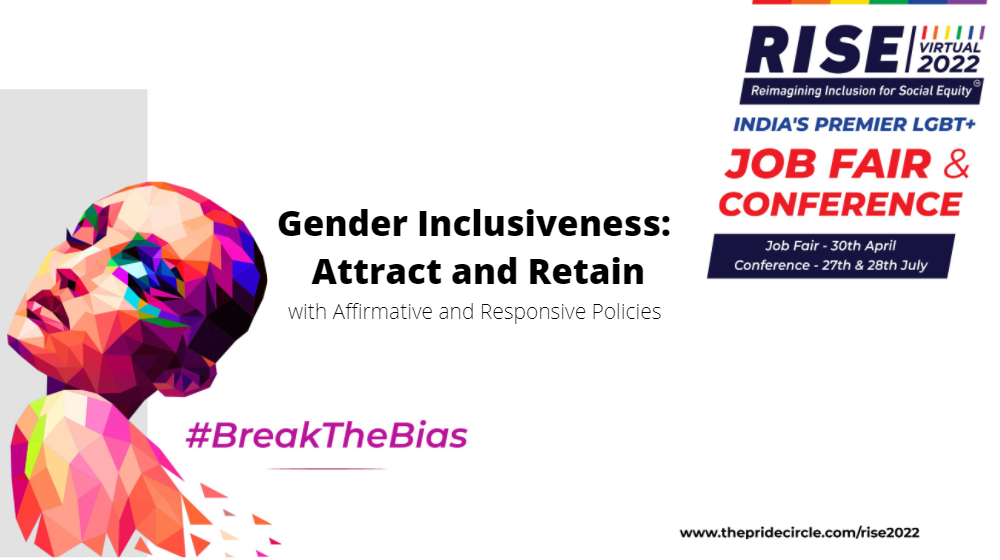



On March 8th this year, organisations across the world celebrated Women’s Day, around the theme of #BreakTheBias. And while it’s important to celebrate and foster women’s inclusion at work, it’s also important to go a little deeper and take an intersectional approach.
In the early stages of the women’s movement, the key concerns were matters like redressal of sexual harassment, better toilet facilities and flexible work hours. And in the last 3 decades, much work has been done to do more and offer women better representation, safer workspaces, and better benefits.
Today the movement has grown, advocating for voices who experience overlapping forms of inequity and oppression. Organisations, therefore, need to evolve, understand, and practice intersectional inclusion. LBT (lesbian, bisexual and trans) women, for example, continue to remain underrepresented at the workplace, from hiring practices to benefits.
“We (LBT women) usually undergo a lot of problems with family, friends, and lastly, when we go out to work. Some of us compromise with the situation, some fight and face mental and physical torture. But we need acceptance.”
Minu, Hiring Specialist, Pride Circle
The women’s community is diverse and varied. As organisations, it’s important to NOT lose steam and move ahead by focusing on women across the spectrum. For lasting change, D&I efforts will need to focus on intersectional inclusion, creating policies that benefit and address the challenges women of all identities and orientations and address the challenges they face.